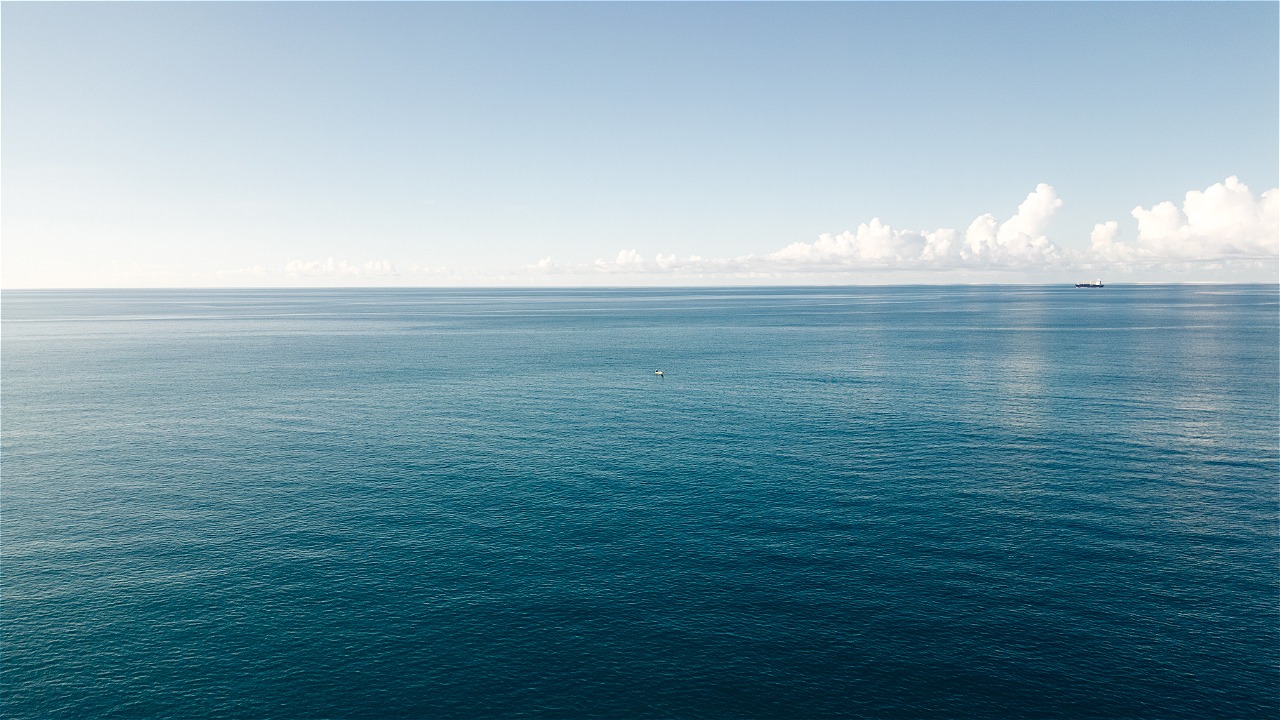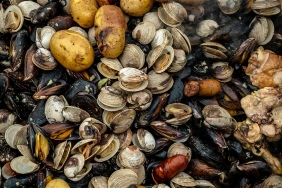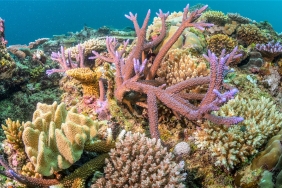WWF-INDONESIA ENCOURAGES PEOPLE OF KABOLA AND PANTE DEERE TO ACTIVELY PRESERVE THEIR TERRITORIES
Oleh: Alexandra M. Waskita (Marine Species Site Manager Alor), Sheyka N. Fadela (Marine Species Conservation Assistant)
With the increasing number of tourism activities in their areas, the people of Kabola village, Alor district of East Nusa Tenggara, are expecting for a better welfare. The people of Kabola have a wish to make their area productive and beneficial. Thus, they have put their hope into action by planting mangrove for the purpose of conserving coastlines from abrasion and irresponsible sand mining.
Responding the increasing number of tourism activities in Kabola, Dany Wetangterah, a facilitator from WWF-Indonesia Program Lesser Sunda Seascape (LSS), during a discussion and training for Coastal and Marine Monitoring (22-23 September 2017), reminded how any tourism activities should consider aspects like economy, social, and environment.
In the same event, Danny informed participants of Kabolas to dare to sound their thoughts for sustainable tourism activities. He added how it is important because they are the ones understanding the advantages and disadvantages of the activities.
The event put the Kabolas in a discussion through medias and games. In a discussion, some representatives of local people expressed their thought on the importance of having organizations handling tourism activities involving interactions between human and wildlife. They considered well-managed tourism activities are important to take place in their areas.
The same event was also held by WWF-Indonesia in Pante Deere village on 3-4 October. In the event, Zakarias Atapada, Community Empowerment Coordinator of WWF-Indonesia, reminded the local to look after their ‘garden’ and the surroundings needed protection. Just like the previous program, a discussion on conserving dugong and seagrass was also conducted. The material was provided by Dugong and Seagrass Conservation Project or DSCP, modified as needed to fit the program. The program was set for the local and was attended by representatives of Regional Owned Company, the village’s representatives, religious figures, youth activists, and representatives of farmers and fishermen.
Just like the one in Kabola, the program in Pante Deere also resulted in agreements about marine conservation, fisheries tools, clean-water management, coastal abrasion, village’s rules, waste management, wildfire, and maximum utilization of facilities. More, to respond to the agreement, the participants agreed that the problem of coastal abrasion, wildfire potential, and waste management are to be managed by committee of the Regional Owned Company. The agreement will then be formulated along with the regional government to be socialized through religious activities in churches.
At the end of the discussion, a document to ensure the effectiveness of the agreement was signed as both the participants and the event organizer understand the need to work together with stakeholders for an effective and a sustainable result of a conservation effort.





